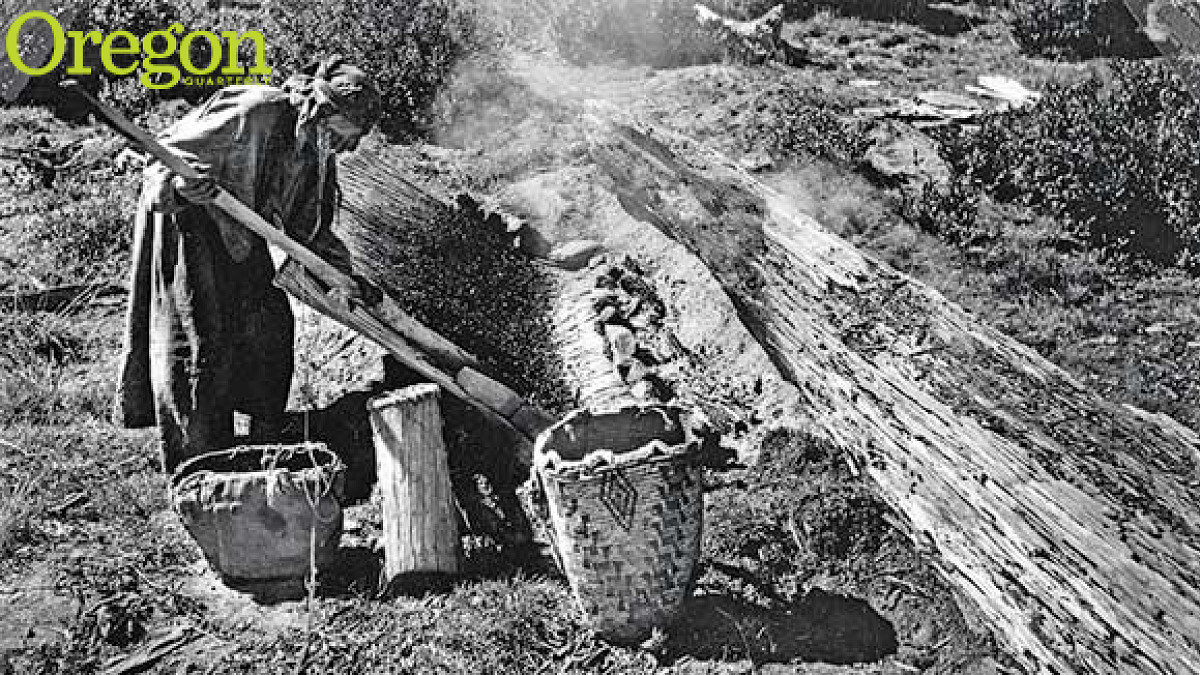Objection!
You wrote in the latest issue of Oregon Quarterly about a decrease in letters. Perhaps your brand of journalism doesn’t inspire conversation.
My family and I have a long history with the University of Oregon, yet I feel little connection. My father, Lucian Marquis, was professor of political science, the first director of the honors college, and a recipient of the Ersted Award. I graduated from the honors college, the UO law school, and was chairman of the Oregon Daily Emerald Publishing Co. I am a life member of both the UO and UO law school alumni associations.
How is it that I feel so estranged from the university? I don’t see people like me in your pages.
I prosecute criminals—men and women for whom there is evidence that they have hurt another human being.
Yet the media love the Madeline Baileys who joyfully advocate for people who hurt—even murder—other people. As featured in your glowing profile “Power of Attorney” (Summer 2016), Ms. Bailey is praised for her help in freeing a woman who was 22 years into a life sentence. Not once do you ever allude to what crime this woman committed.
Your story reminded me of a debate I participated in at UC Berkeley several years ago. I asked the audience of about 600 people how many were opposed to capital punishment. Roughly 90 percent raised their hands. A man named Stanley “Tookie” Williams had just been executed by the State of California, and I asked the audience if anyone could name any of the five direct victims of murders that Williams had been convicted of. Nobody could.
Williams—as one of the founders of the Crips street gang—also bore some moral responsibility for the death of countless young African American men.
Should Ms. Bailey find herself in the future advocating on behalf of someone like “Tookie” Williams, can we count on Oregon Quarterly joining in her chorus?
Joshua Marquis, BA ’77, JD ’80
Astoria
(Note: Marquis has served for 22 years as the elected district attorney in Clatsop County, Oregon.)
If the Shoe Fits
For what it’s worth (regarding “The Great Sneaker Revolution,” Summer 2016) those of us who grew up in Oregon during the ’40s and ’50s referred to those shoes as tennis or basketball shoes. The New Yorkers who moved to the West called them “sneakers.”
Warren Spady, BS ’60, MFA ’64
Redmond
A cover article on “Sneaker Culture.” This is scholarly? Really! No wonder America is going for a dolt like Trump! Our standards are a bit lower these days.
Philip Bourbeau, PhD ’84
Cloverdale
No Neuroscience Needed
After reading “Brainstorm” (Summer 2016), I failed to see how the neural correlates of hypothetical constructs—human-invented entities like willpower and values—enhance our understanding on anything of pragmatic value about smoking cessation or related behaviors. The conclusions are the same as usual—a reference to pie-in-the-sky treatment implications that might be realized way, way down the line.
The approach is misguided. Observable behavior provides plenty of variables for understanding the role of triggers and cues in addictions, and the data are a whole lot cheaper to collect and analyze. Contrary to popular belief, we don’t need neuroscience to practice good science in psychology.
Robert Bailey, BS ’03
Albuquerque, New Mexico
All Wet
I was looking at the summer issue, and to my pleasant surprise, there on page 61 was a shot of Jamie Smith being sheltered from the usual game-day rain by a member of the drum line. That photo was actually from fall term 1975. I can date it easily because I am the drum major walking in the background. I remember those three years in the Oregon Marching Band as raining every game day. It probably didn’t, but we got wet a lot. Thanks for the memory.
John Hartman BMus ’76, MMus ’82
North Bend
Family Ties
Shix̱ páchway “good afternoon,”
I work at UO’s Northwest Indian Language Institute with Virginia Beavert, an elder from Yakama Nation. Virginia was surprised and delighted to see her grandmother drying huckleberries in the photo featured in your article, “A World Aflame.”
Kw’ałanúushamatash “we thank you,”
Regan Anderson, BA ’13, MA ’15, on behalf of Virginia Beavert, PhD ’12


